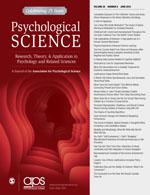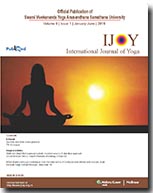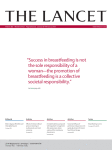
When a researcher encountered two papers that suggested moonlight has biological effects — on both plants and humans — he took a second look at the data, and came to different conclusions. That was the easy part — getting the word out about his negative findings, however, was much more difficult.
When Jean-Luc Margot, a professor in the departments of Earth, Planetary & Space Sciences and Physics & Astronomy at the University of California, Los Angeles, tried to submit his reanalysis to the journals that published the original papers, both rejected it; after multiple attempts, his work ended up in different publications.
Disagreements are common but crucial in science; like they say, friction makes fire. Journals are inherently disinterested in negative findings — but should it take more than a year, in one instance, to publish an alternative interpretation to somewhat speculative findings that, at first glance, seem difficult to believe? Especially when they contain such obvious methodological issues such as presenting only a handful of data points linking biological activity to the full moon, or ignore significant confounders?
Margot did not expect to have such a difficult experience with the journals — including Biology Letters, which published the study suggesting that a plant relied on the full moon to survive: Continue reading Why publishing negative findings is hard








